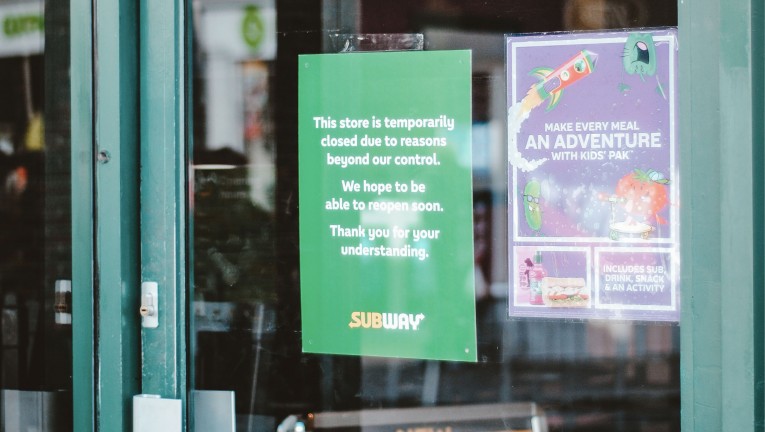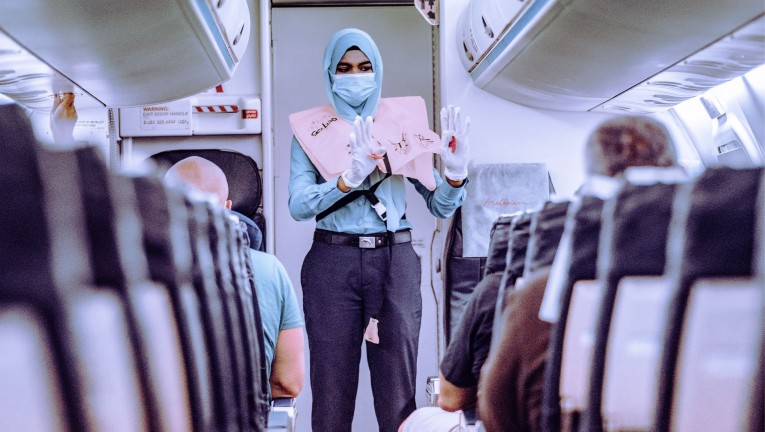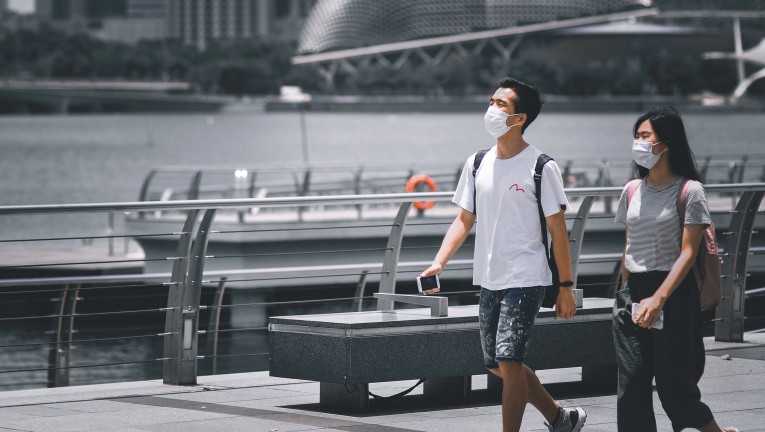The Security Industry through the pandemic

2020, was the year that everyone wanted to forget, beginning with global political turmoil, wildfires erupting in Australia and the West Coast of America and a worldwide pandemic that turned our lives on their heads. Through all of this, there was a sense that if we could just get through the year, then 2021 would look better - well, the beginning of the year has just kept the punches coming with new virus variants, a global shortage of shipping containers and a brand new customs regime for UK industry to contend with. Through most of this period, everyone has learned to cope with extended lockdowns and a new normality.
In spite of the bleak picture painted above, the green shoots of the spring of 2021 beckon and with it a renewed sense of hope that all things are transient. The UK's national vaccine roll-out programme is in full swing and at the time of writing, we have had the welcome news of the government's roadmap out of lockdown. It's an interesting point to look back on the adaptation of the security industry to these astonishing times.

Most
businesses are now overly familiar with new terms such as "pivoting"
their offerings and "re-imagining" their business models, but the
security industry like any other has done just that. If anything, the
security industry has been at the forefront of initiatives and
innovations aimed at tackling the novel set of risks thrust upon the
country. A wave of thermal imaging camera offerings has swept the
market, giving businesses an additional tool in providing covid-secure
workplaces. Void property protection has become critical with the
multitude of necessarily vacated offices and retail outlets as people
are either compelled to work from home or businesses close entirely
while we collectively strive to contain the spread of infection.
Solutions to this range from the sublime (permanent security solutions,
repurposed to rapid deploy systems targeting temporary risk), to the
ridiculous (one office landlord was seen to put a sign warning of
confirmed covid cases in the office window after repeated attempted
burglaries).
Aside from measures
designed to detect possible infections and defend against new types of
crime, novel systems have evolved to help us help each other. Companies
are now able to adopt electronic systems that warn us when we are closer
together than the recommended 2m, allowing the possibility of safely
returning to the office for those that must. Homeworking and our
willingness to video conference has taken a huge leap forward throughout
the crisis, something referred to in one of our other articles.

Of course, essential businesses and services have remained fully open and operational throughout this entire period and the risks they face have changed. There has been a drop in crime overall, but the emergence and rise of new types of crime has also been observed. Aggression and violence against staff and customers have been reported with masks, or the lack of, frequently being cited at the centre of arguments. The masks worn for everyone's protection also have the effect that those of ill-intent are afforded an anonymity that has seen more brazen crime committed. Again the security industry must adapt and innovate to keep people and property safe and secure as risk profiles constantly change.
One
thing that we can say with certainty is that the security industry will
adapt. Regardless of changing risk, crime and its effects are by no
means new. It has always been and will remain the nature of the security
industry to find and produce solutions in an ever changing landscape.


Comments